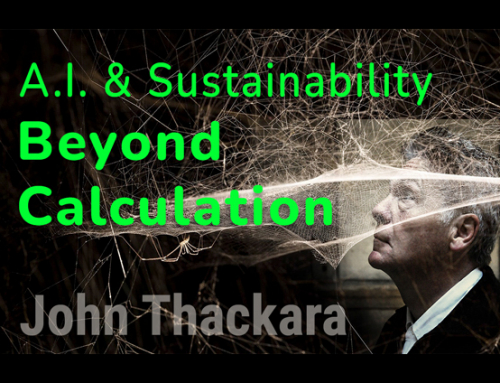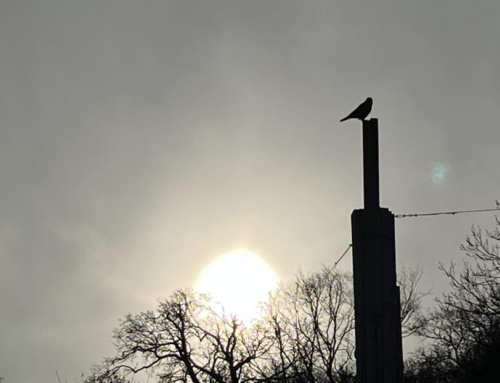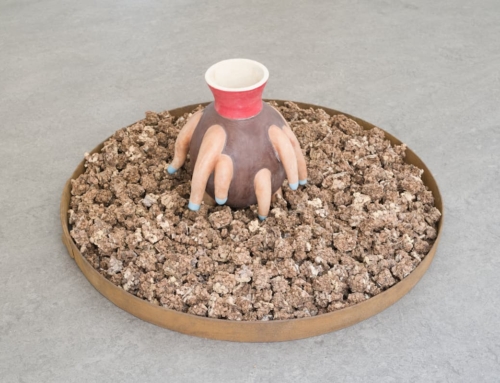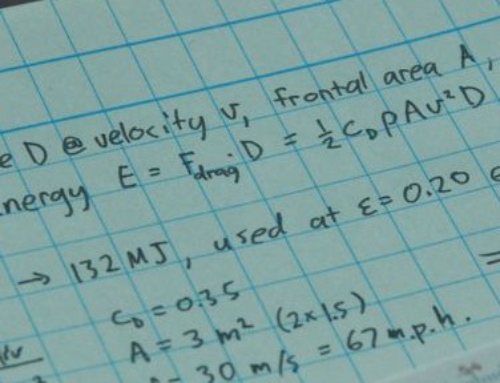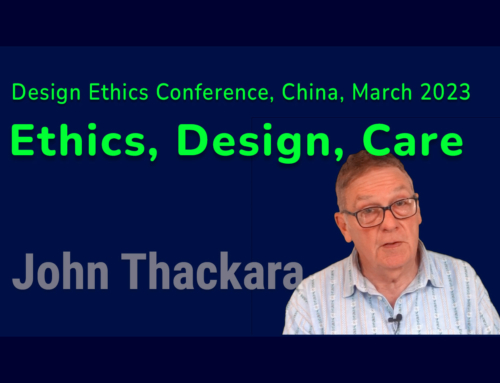I learn from Kris de Decker’s excellent Low Tech Magazine that an International Traditional Knowledge World Bank (ITKI)has been launched.
It’s an ambitious effort to preserve, restore and promote the re-use of traditional skills and inventions from all over the world.
Someone has done a lot of work to set this project up. There are well-considered lists and taxonomies; the site is filled with enticing graphic icons; and when you dig down for case studies, it is clear that some of the people involved are expert on different aspects of traditional knowledge.
I fear, however, that this bears all the hallmarks of a well-intentioned project that will grind slowly to a halt – for three main reasons.
First, in terms of its governance, the project is hopelessly top-heavy. It’s sponsored by the United Nations – a cumbersome environment at the best of times. Then, in the interests of “outreach, efficiency and visibility”, the UN has “framed the project within an “intergovernmental setup”.
It would be hard to imagine a less flexible architecture for what is basically a publishing project.
My second concern is this: traditional and tacit knowledge does not lend itself to being codified, organized by knowledge managers, and put into an encyclopedia. It is is socially-owned and used. Like flowers that wilt when cut and put in a vase, indigenous knowledge tends to degrade quickly when removed from its context.
ITKI sounds similar to a project in India that is based at a business school. There, researchers have documented more than 40,000 examples of indigenous knowledge, and put them in a database. But because so few small farmers and craftspeople use databases in their daily lives (to put it mildly) it’s not much used.
This is why even a wiki would not be the complete answer. Wikis may be peer-to-peer, but they are still media, rather than the real thing. In terms of media platforms, some kind of Yellow Pages or Craig’s List, that connects people who need to know, with people who can help them, is the more promising way to go. Such a person-to-person connection machine would be even more powerful if it were to incorporate user ratings of the knowledge suppliers involved.
My third reservation concerns ITKI’s business model. It appears to be dependent on funding from institutions. I could not see a reference to its beneficiaries paying to use it.
If it is true that people do not value what they don’t have to pay for, then this asymmetry will impede ITKI’s sustainability in the longer term.
The mistake on these occasions is to be trapped into an either/or mind-set: either centralized database, or contextual knowledge; either top-down, or bottom-up; either academic research, or vernacular field work; either a wiki, or a mailing list; either publicly-funded, or private.
The understanding and use of traditional knowledge will depend on all these elements – in different combinations at different times.
Traditional knowledge is an ecology of actors and resources. It will never be possible to categorize them all, nor to make them all work neatly together.
We nonetheless need to foster connections between many of these actors – and look for ways in which different kinds of expertise can complement each other.
I don’t know who should play the role of librarian / broker / co-ordinator in the traditional knowledge ecology. The least we can all do is remain respectful and open-minded to different approaches – and make connections among them on a tactical basis when the opportunity arises.

